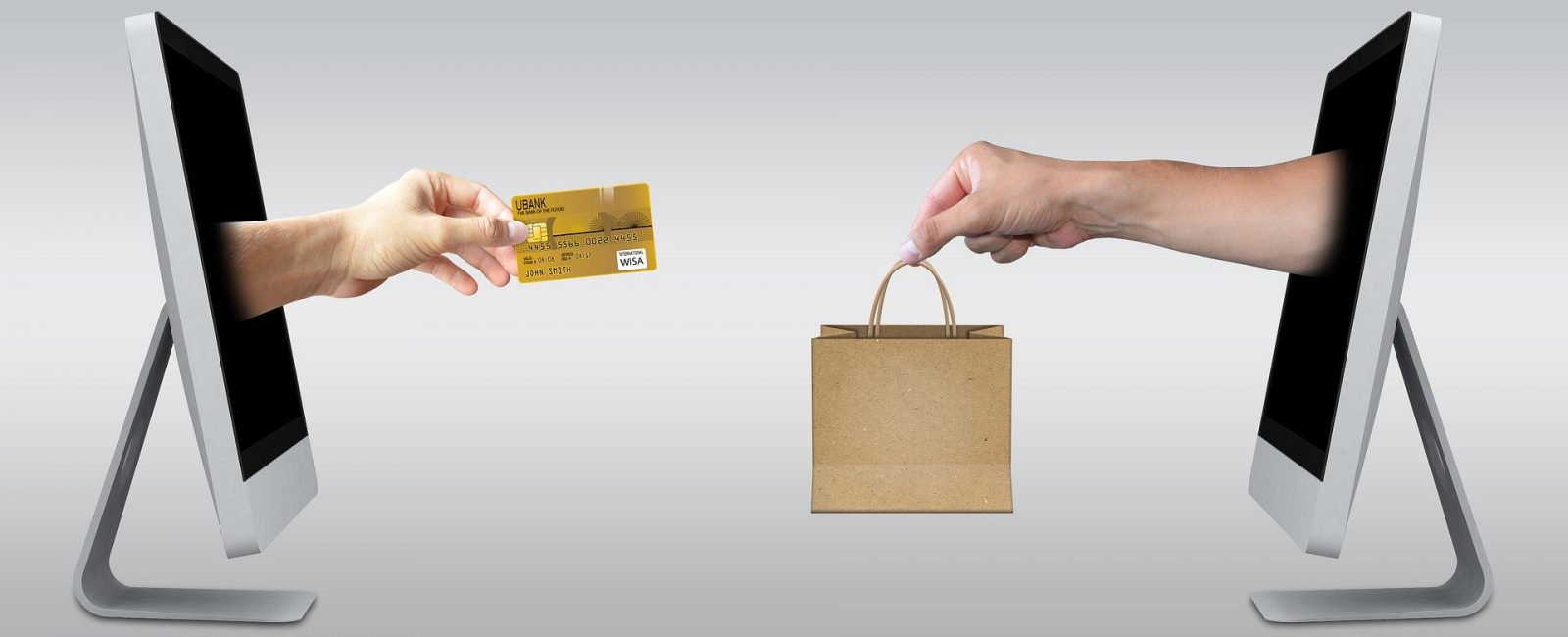The UK’s Brexit transition period has finally ended and whichever side you fall on, it’s clear that businesses are currently facing a significant degree of uncertainty. Even the most ardent of Brexiteers would probably agree that the current situation is a little confusing. Businesses are now wading through the text of the new EU-UK Trade and Cooperation Agreement, trying to establish what the future holds for them and their customers.
Given that the UK’s online retail sector is worth a staggering £76 billion and has a projected growth rate of nearly 35% over the next three years, it’s easy to see why eCommerce is an area in which post-Brexit Britain can’t afford to underperform. Fortunately, it seems that there is cautious optimism among some of the nation’s finance experts – with a Deloitte survey indicating that “finance leaders expect a return to growth in 2021 with optimism rising to a record high”.
Even despite such a positive outlook, there is no denying that online retail businesses have their work cut out if they want to adapt effectively to the new trading environment. To help on their way, here are some of the top strategies that e-commerce businesses can deploy to succeed in the post-Brexit trading landscape.
1. Review your shipping policies
Few retail guides start at the logistics end of a sale – but changes to Britain’s trading relationship with the European Union (EU) make it more important than ever for you to stay abreast of developments within the shipping sector.
If you only sell domestically to UK consumers, the chances are that not much will change – but anything that involves an overseas delivery could bring with it a significant amount of additional paperwork and a shift in the usual timescales.
To align your e-commerce business with the commercial reality of Brexit, ensure that your shipping policies and communications provide accurate estimates of delivery times and make sure that your tracking, returns, and exchange policies are clear. It is the best way to give consumers the confidence they need to shop with your brand.
2. Communicate clearly – but do not overdo it
Along similar lines, effectively managing expectations is the key to developing great relationships with consumers. With the COVID-19 pandemic and a shakeup of trading rules having destabilised the normal way of doing things, consumers value clarity – and keeping them up to date is important whether it’s good news or not.
It makes sense to let people know about any delays or pricing issues that they may encounter when shopping on your online store – but it’s also important not to overdo it. Far too many brands have taken Brexit and the COVID-19 pandemic as carte blanche to send out dozens of marketing emails variously titled “How we’re helping our customers” – but the truth is that crowding inboxes isn’t helping anyone.
Make sure that all of your communications are meaningful, don’t be tempted to send out updates about every single little thing that you do, and remember that quality trumps quantity every time. If you want to avoid being consigned to the spam folder, be careful about what you say, and how you say it.
3. Stay on top of your supplier relations
No business is an island – even if e-commerce websites do an admirable job of seeming entirely independent. Whether you are drop shipping or buying bespoke pieces from artisans, it’s likely that your e-commerce site relies on another business somewhere within the model.
The new trading arrangement between the UK and the EU has far-reaching implications that are difficult to fully grasp – and so it is hard to know exactly how all businesses are responding. For this reason, it is important to stay in close contact with your suppliers (both domestic and foreign) to make sure that you can get the products you need, when you need them.
Check in at least every week to ensure that things are moving in the right direction – and remember that delays and issues further up the chain will quickly trickle down to affect your customers. In a nutshell, holistic business management is best.
4. Consult with loyal customers
It might be that you have been lucky and have avoided the need to make any price hikes in the wake of Brexit. If, however, you are one of the many businesses now facing increased costs, it could be time to reach across the divide and ask your customers what they think.
If, for instance, popular goods shipped from the EU are now costing you nearly 1.5x more, is it feasible to expect customers to still pay? From added customs duties to bulked up shipping fees, costs have risen on many goods, and even businesses that have cornered the market may struggle to justify their price increases.
The alternative is to cut costs elsewhere – keeping your margin high. It might be that you can move across to UK-based suppliers for business-critical goods like quality card machine paper – in doing so reducing overheads and exposure to import tariffs.
If you cannot find the money elsewhere and have to make changes to your pricing, ask your most loyal customers what they think. E-commerce is all about supply and demand, after all.
5. Keep payments simple
On the topic of payments, it’s now more important than ever to provide your customers with a great e-commerce experience. With so much confusion and so many competitors having entered the online retail space during the COVID-19 pandemic, your user experience (UX) needs to be on top of its game if you’re to grow your market share.
While Brexit may have complicated payments, that does not mean that customers should have to struggle at the checkout. With a fast and functional eCommerce payment gateway, your clients could go from basket to delivery in record time – and you will save on online payment processing costs too.
It is such an easy switch to make, and by investing in a quality eCommerce payment solution, you’ll be able to give your customers great service 24 hours a day, 365 days per year.
6. Go easy on yourself
Perhaps this is not an actionable e-commerce tip – but above all, you should go easy on yourself! Brexit has brought with it a great deal of uncertainty for businesses, but the light is at the end of the tunnel and we can now begin putting in place the steps, processes, and procedures that will secure a bright and lucrative future.
With the COVID-19 pandemic driving growth across online retail channels, and the optimistic backing of financial experts, you and your business can succeed – and growth will come if you give it time.





